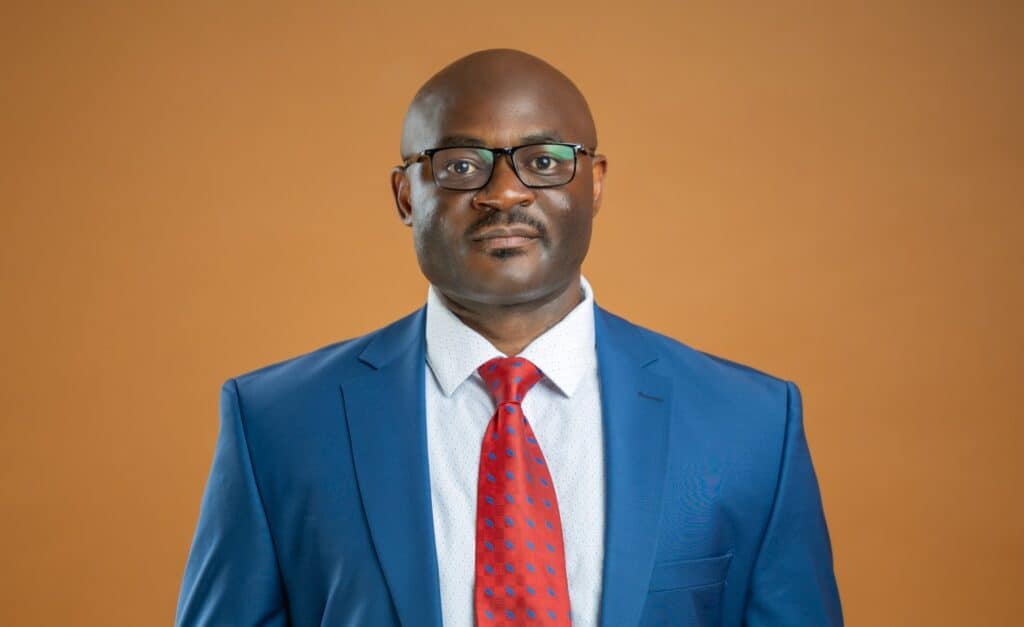
A Letter to Me
A Letter to Me — If I Were Starting a Career in Global Health Today By Luchuo Engelbert Bain , MD, PhD Dear Me,


Dr. Luchuo Engelbert Bain is a globally respected physician, research scientist, and empirical bioethicist with over 15 years’ experience across four continents. A disruptive thinker and strategic partnerships broker, he redefines global health through equity-driven collaborations, bold diplomacy, and African-led innovation. As a compelling speaker and science communicator, he challenges convention and inspires transformative action.
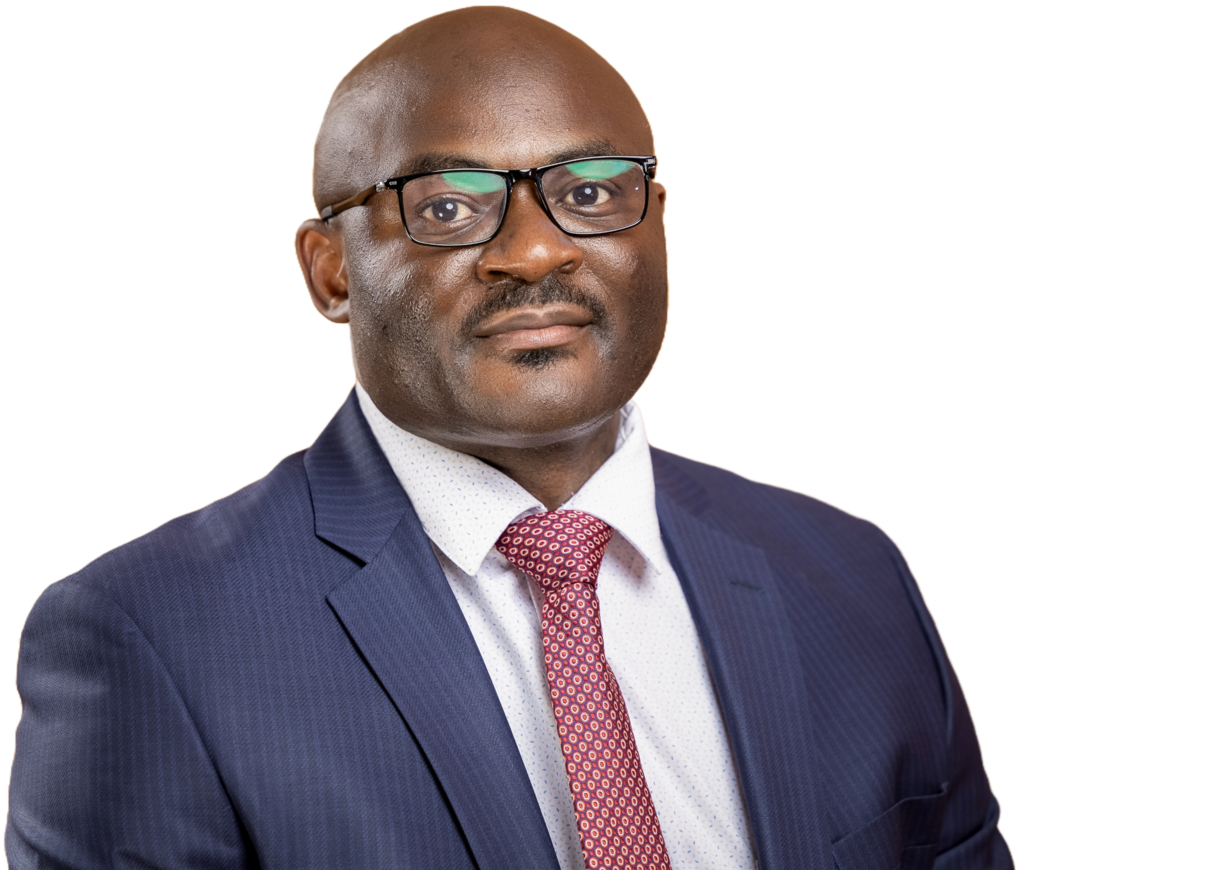
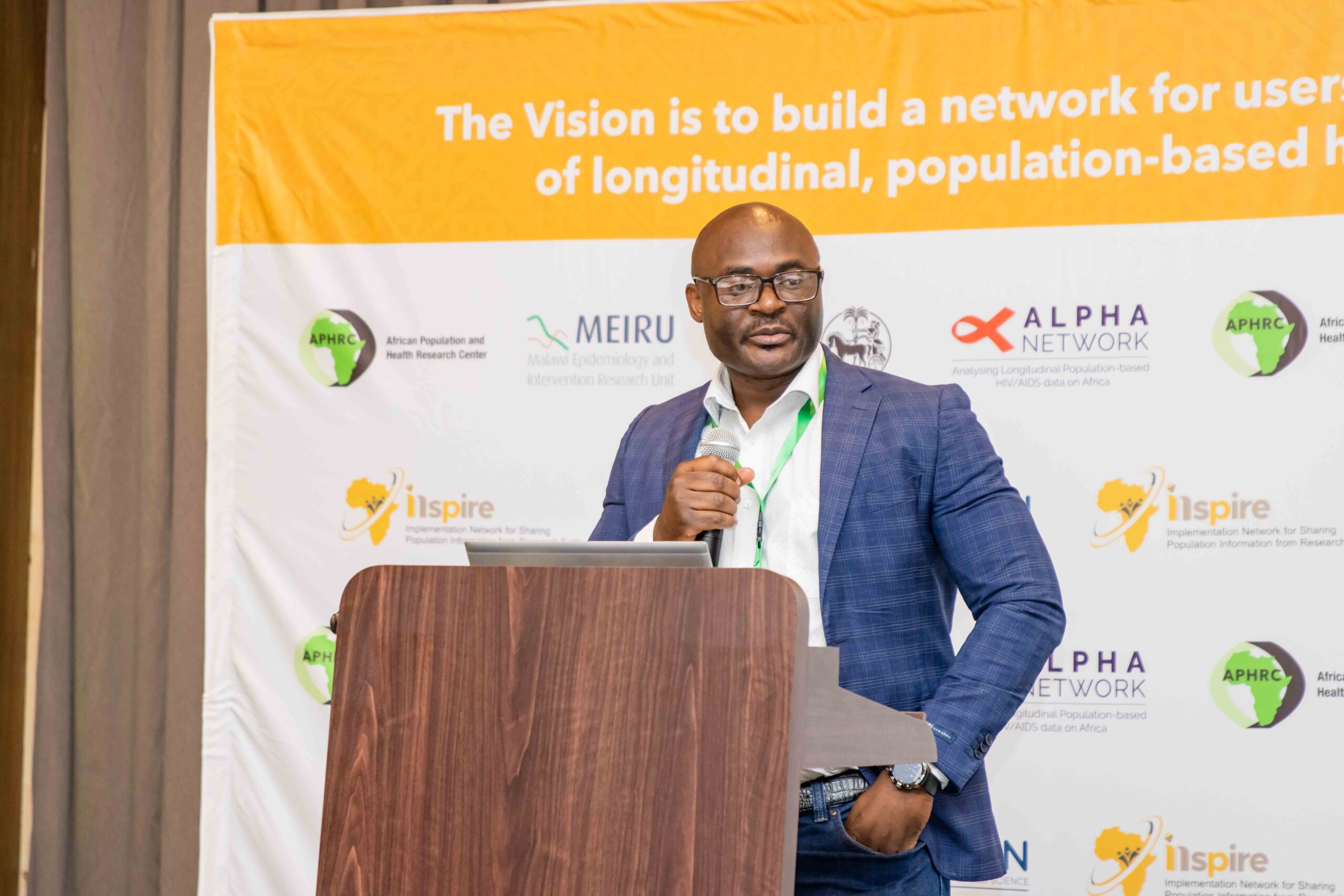
Dr. Luchuo Engelbert Bain is a global health physician, empirical bioethicist, and thought leader passionate about reimagining how knowledge, power, and partnerships shape health outcomes in Africa and beyond. He currently leads the International Programs Unit at the African Population and Health Research Center (APHRC) in Nairobi, where he oversees initiatives across more than 35 African countries.
Founder of Global Health Otherwise, Dr. Bain champions equitable partnerships, decolonization of global health, and evidence that reflects lived experience. With over 15 years of experience, he has advised major organizations including WHO, UNFPA, and the Bill & Melinda Gates Foundation.
His work bridges ethics, research, and policy, inspiring a new generation to build a more just, inclusive, and impactful global health future.
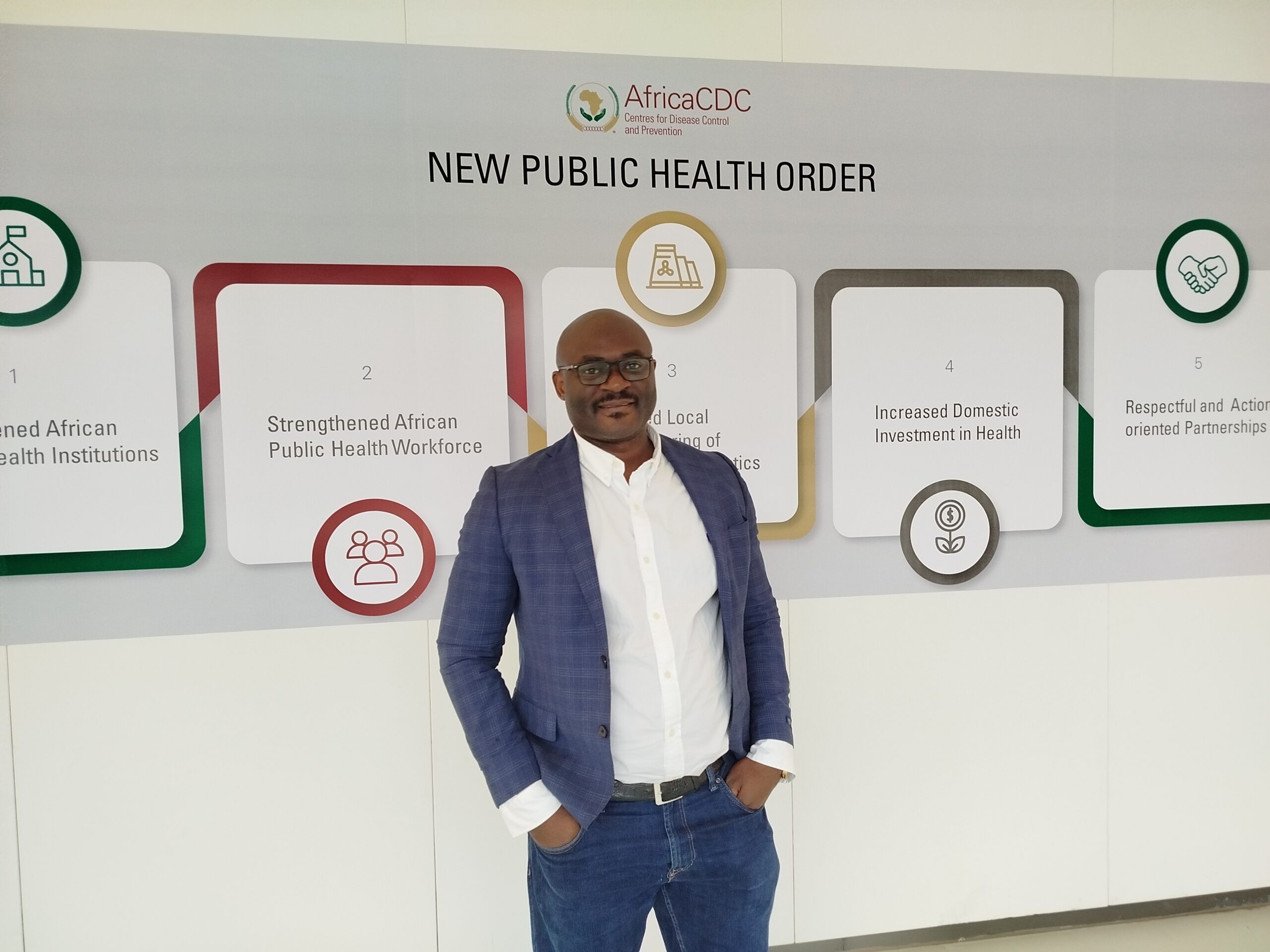
My goal is to inspire others to believe in themselves, embrace failure as part of growth, and feel confident in trying.
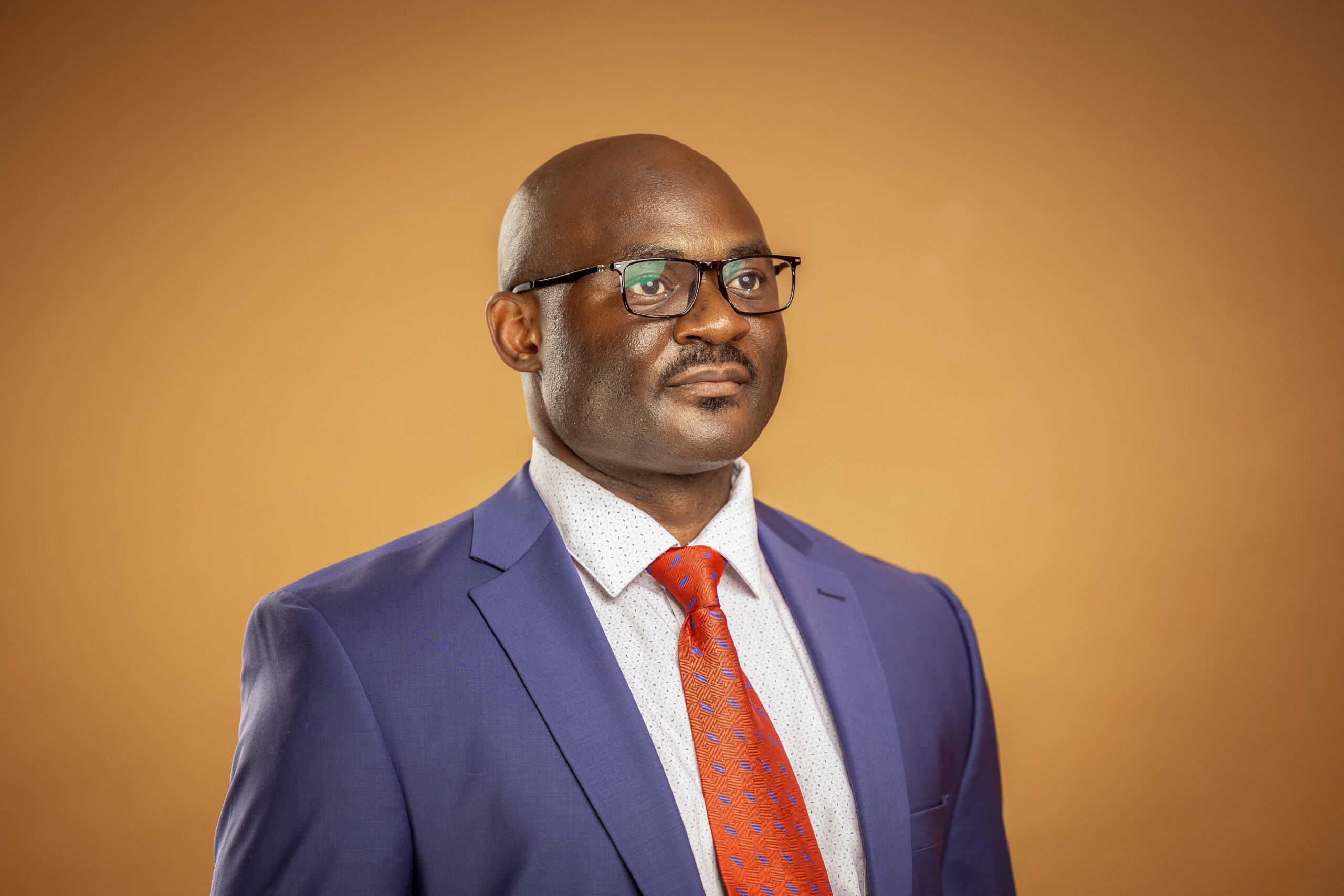
My mission is to positively impact the lives of others—anywhere, anytime—no matter the size of the gesture, one day and one life at a time.
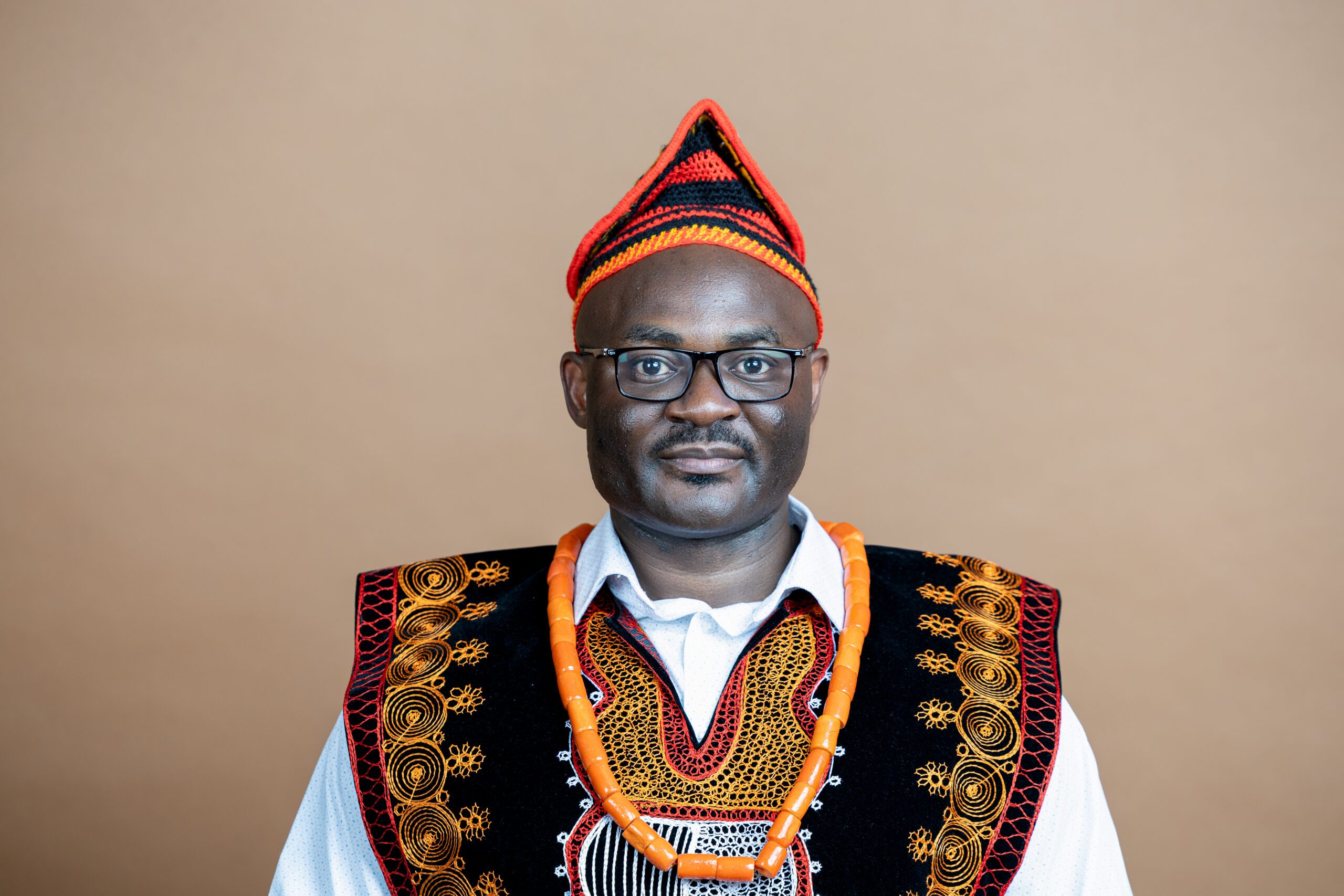
I aim to live authentically and leave the world a little better than I found it.
Explore cutting-edge courses in global health, AI ethics, and antimicrobial resistance. Each program is designed to address critical challenges in modern healthcare and research.
Every day, AI ethics shape who benefits from healthcare technology. This comprehensive course connects you with frameworks across bias, privacy, and decision-making to implement responsible solutions.
Every day, colonial power structures shape who benefits from global health. This ‘learn-by-doing’ programme connects you with colleagues across countries and system levels to implement concrete solutions.
Case studies explore AMR solutions through community approaches. Develop skills in stakeholder engagement, behavioral change, and sustainable intervention strategies.
The AMR Global Health Academy presents the second case in our latest series of case studies on antimicrobial resistance.
The AMR Global Health Academy brings you the third case in our latest antimicrobial resistance (AMR) case study series.
Years of experience
Published papers in peer reviewed academic journals
Global Health Otherwise is a platform that offers an alternative perspective on global health. We examine key issues through a decolonial lens, simplify complex topics, share groundbreaking research, and amplify disruptive voices driving change in the field. It’s a space for impactful dialogue and innovation in global health.
Co-PI: WHO-TDR funded project: Best practices in community engagement in research in sub – Saharan Africa: https://bmjopen.bmj.com/content/12/5/e057922 https://pubmed.ncbi.nlm.nih.gov/36785694

A Letter to Me — If I Were Starting a Career in Global Health Today By Luchuo Engelbert Bain , MD, PhD Dear Me,
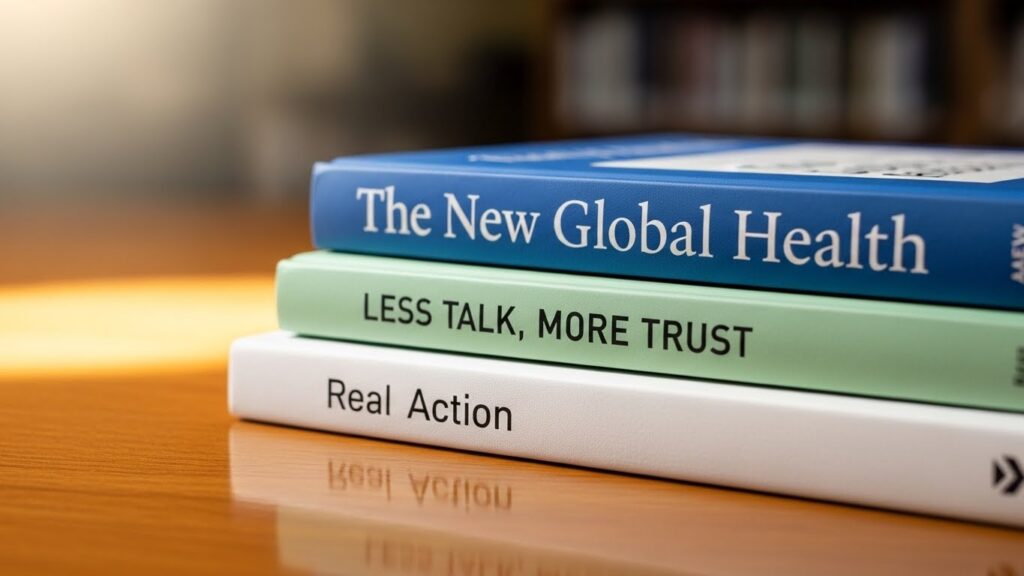
The New Global Health: Less Talk, More Trust, Real Action By Luchuo Engelbert Bain , MD, PhD The new global health must begin with

Performative Scholarship and the Illusion of Decolonization in Global Health: A Critique Decolonization Without Reform: A Critical Appraisal of Global Health Scholarship By Luchuo
